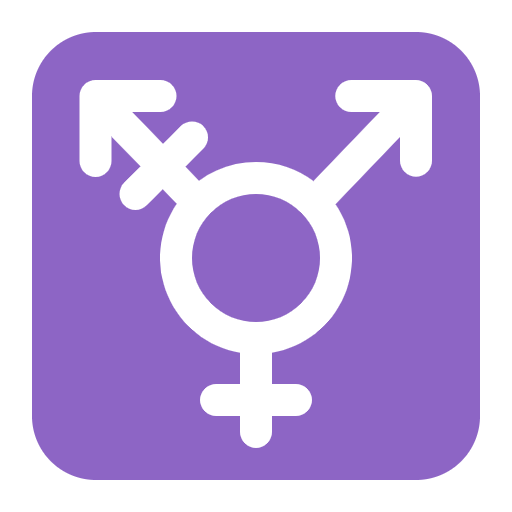Comprehensive Guide on the Name “Harper”

Harper
Meaning: Harp Player / Gender: Neutral / Pronunciation: HAR-per
Origin and Historical Background
The name Harper originates from the Old English word “hearpere,” meaning one who plays the harp, a stringed musical instrument with great historical and cultural importance. Traditionally, the name Harper reflects a role or occupation rather than a personal name, as it was common during the Middle Ages to name individuals based on their profession. Over the centuries, the name has transitioned from a surname to a widely accepted given name, gaining popularity in English-speaking countries in recent years.
Meaning and Cultural Significance
Harper carries a deeply melodious and musical connotation, being directly linked to the art of playing the harp. The harp is often associated with angels and heavenly music, adding an ethereal, almost divine quality to the name. This association makes Harper a favored name among music enthusiasts and those who appreciate artistic expression. It’s a name that evokes imagery of lyrical and expressive talent, making it both unique and aesthetically pleasing.
Famous Historical Figures with the Name Harper
1. Harper Lee
- Historical Era: 20th Century
- Key Contributions: Harper Lee was an American novelist widely known for her book “To Kill a Mockingbird,” published in 1960. This landmark novel addresses serious issues such as racial injustice and moral growth.
- Cultural Impact: Harper Lee’s work has left a lasting impact on American literature and is still widely read and studied today.
2. Harper Reed
- Historical Era: 21st Century
- Key Contributions: Harper Reed is a well-known American entrepreneur and the Chief Technology Officer for Obama’s 2012 re-election campaign.
- Cultural Impact: Known for his contributions to technology and campaign strategy, Reed embodies the modern, innovative edge the name Harper can signify.
Usage Over Time
The name Harper has evolved over time from a surname to a popular first name. According to data from the Social Security Administration, Harper has seen a significant rise in popularity over the past two decades. It entered the top 100 baby names in the United States in the early 2000s and has continued climbing ever since. Its neutral appeal makes it a preferred choice for both boys and girls, fitting into contemporary naming trends that favor gender-neutral options.
Pronunciation Guide
The name Harper is phonetically pronounced as HAR-per. The emphasis is on the first syllable, with a soft, flowing connection to the second part of the name.
Biblical Context
While the name Harper does not have direct references in the Bible, the harp itself does. In the Old Testament, the harp is frequently mentioned as an instrument used in worship and celebration. King David, who began his life as a shepherd boy and skilled harpist, famously played the harp to soothe King Saul’s troubled spirit. This connection imbues the name Harper with a subtle Biblical resonance through its association with music and spiritual relief.
Additional Unique Information
Numerology
In numerology, Harper corresponds to the number 6, which symbolizes nurturing, responsibility, and a deep love for family and home.
Variations
Some variations of the name Harper include “Harperlee” (a blend with Lee) and “Harperly” (a rarer form), though they are not as commonly used.
Cultural Variations
In different cultures, the spelling and pronunciation might slightly change, but the name retains its musical roots and charm.
Popularity
Harper has been one of the top names in recent years. According to the Social Security Administration, it consistently appeared in the top 10 names for girls throughout the 2010s, reflecting its broad appeal and modern acceptability.
Conclusion
Choosing the name Harper for your child provides a harmonious blend of historical significance, cultural richness, and modern appeal. Its association with music and its gender-neutral quality make it a versatile and expressive choice for expectant parents.









